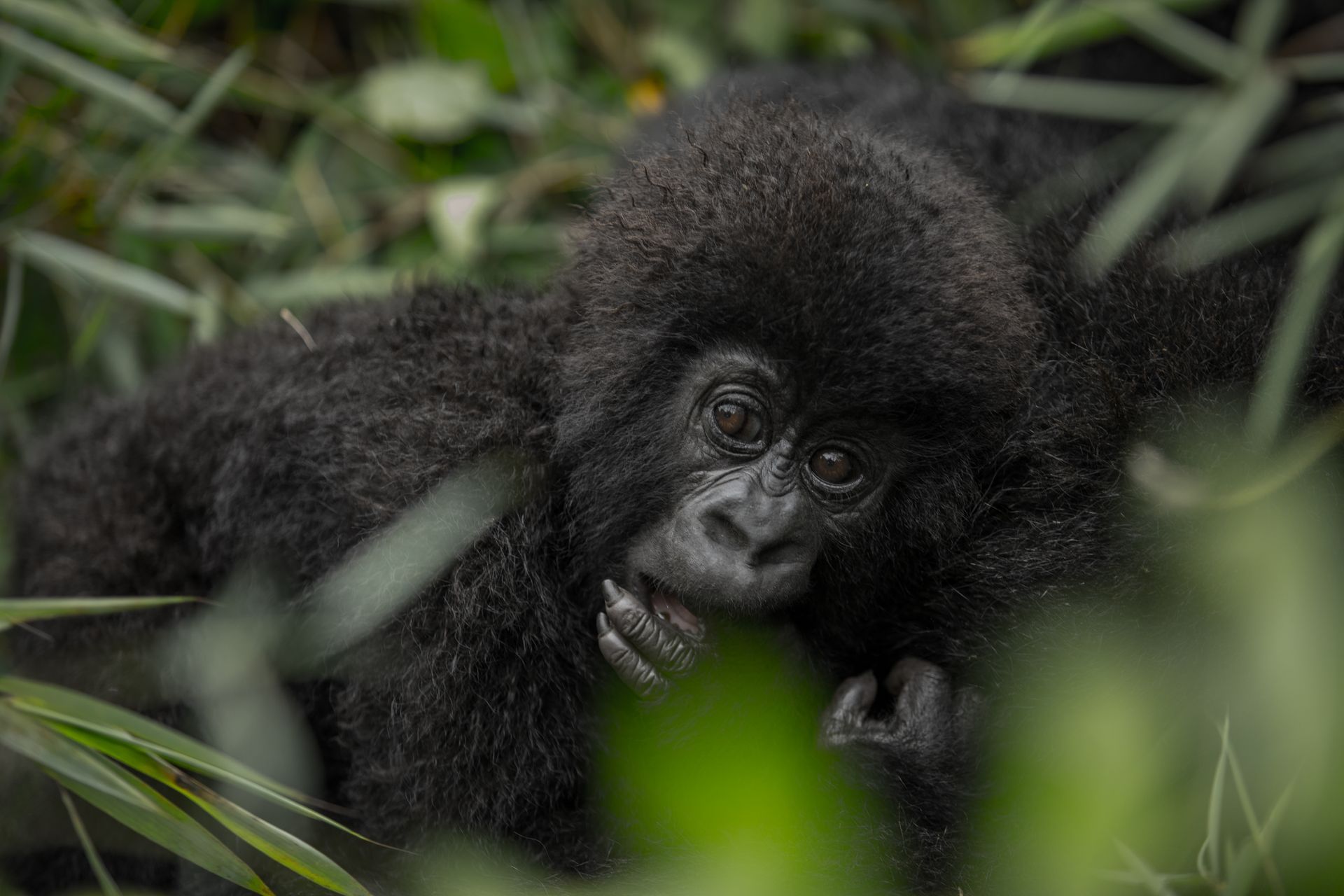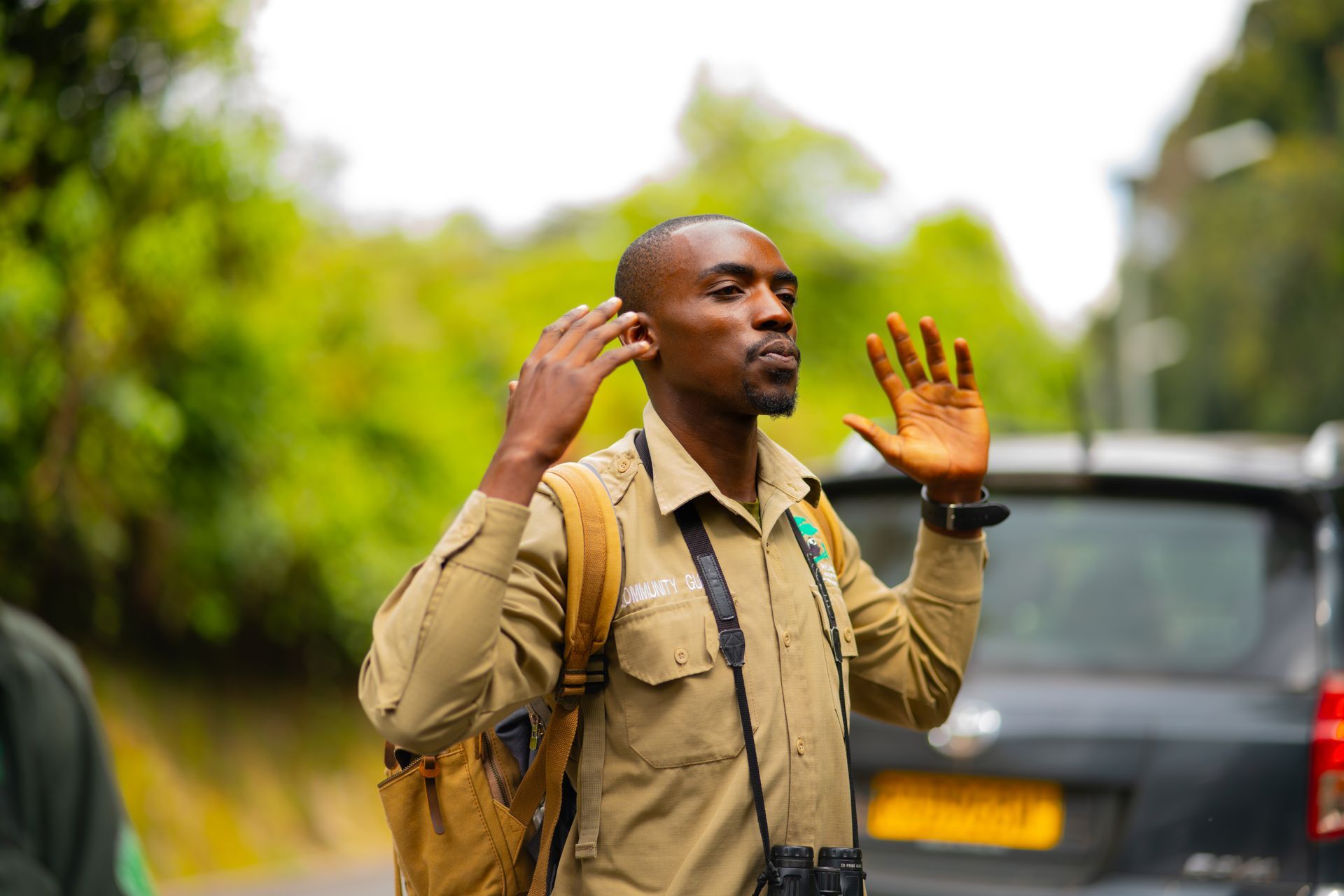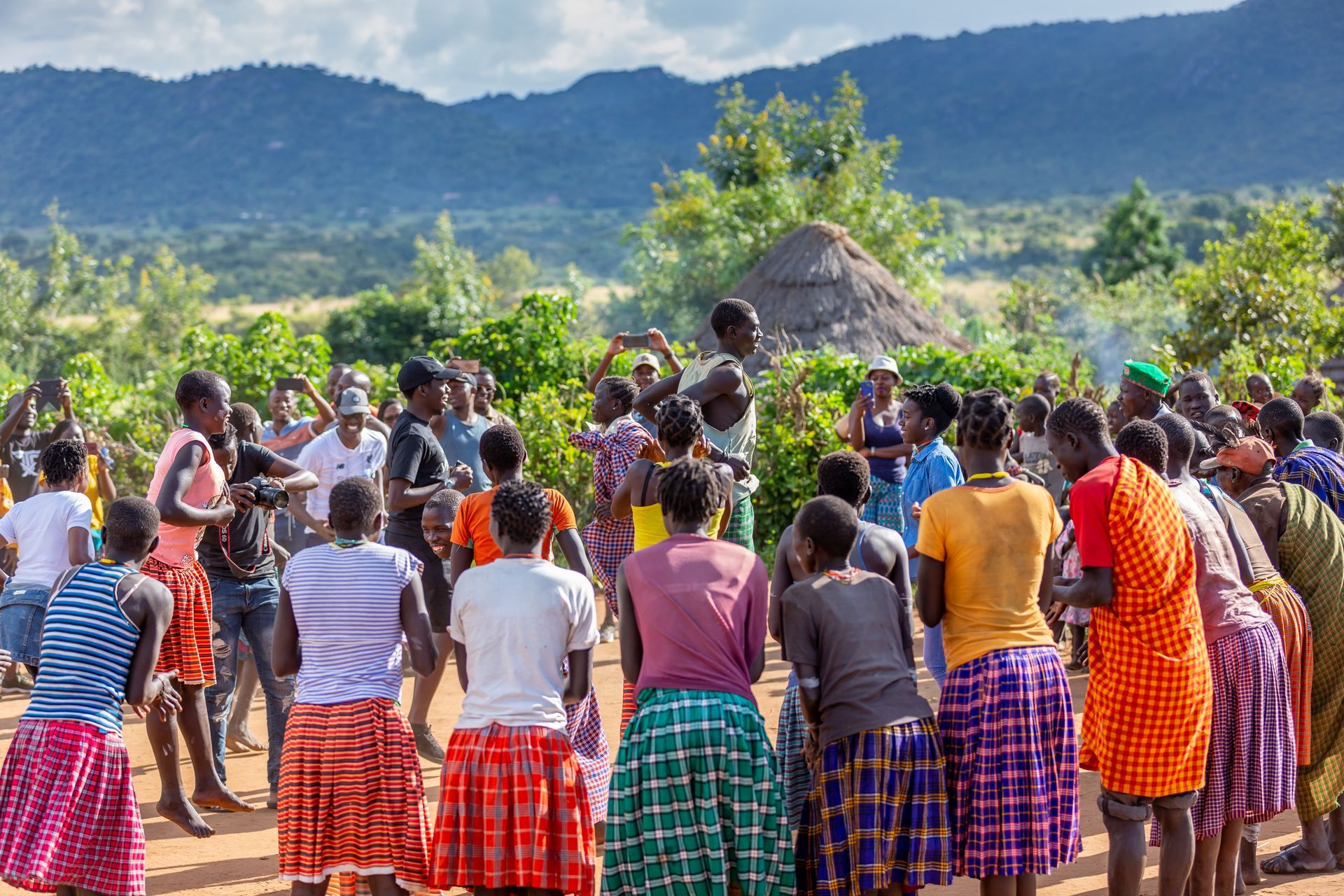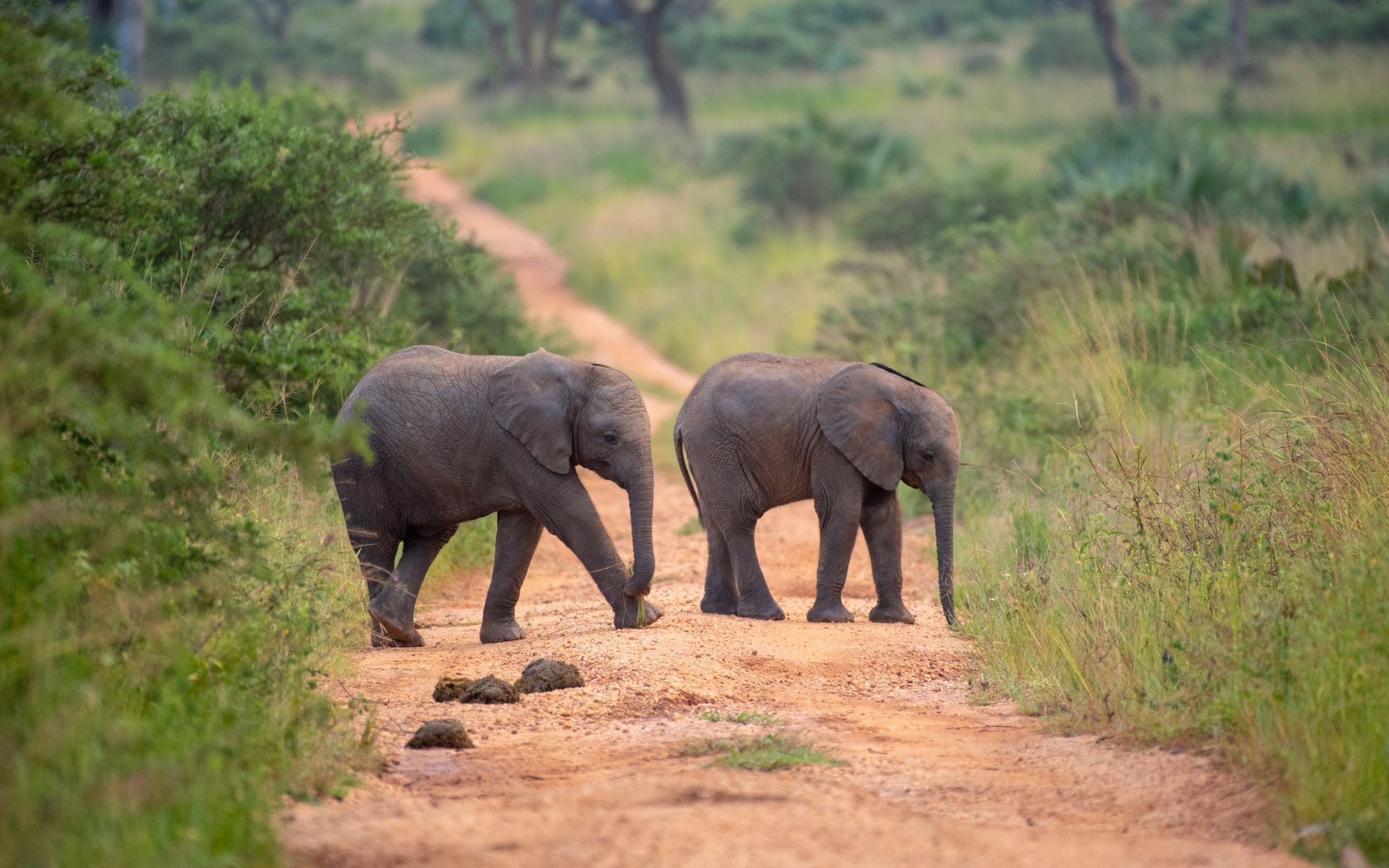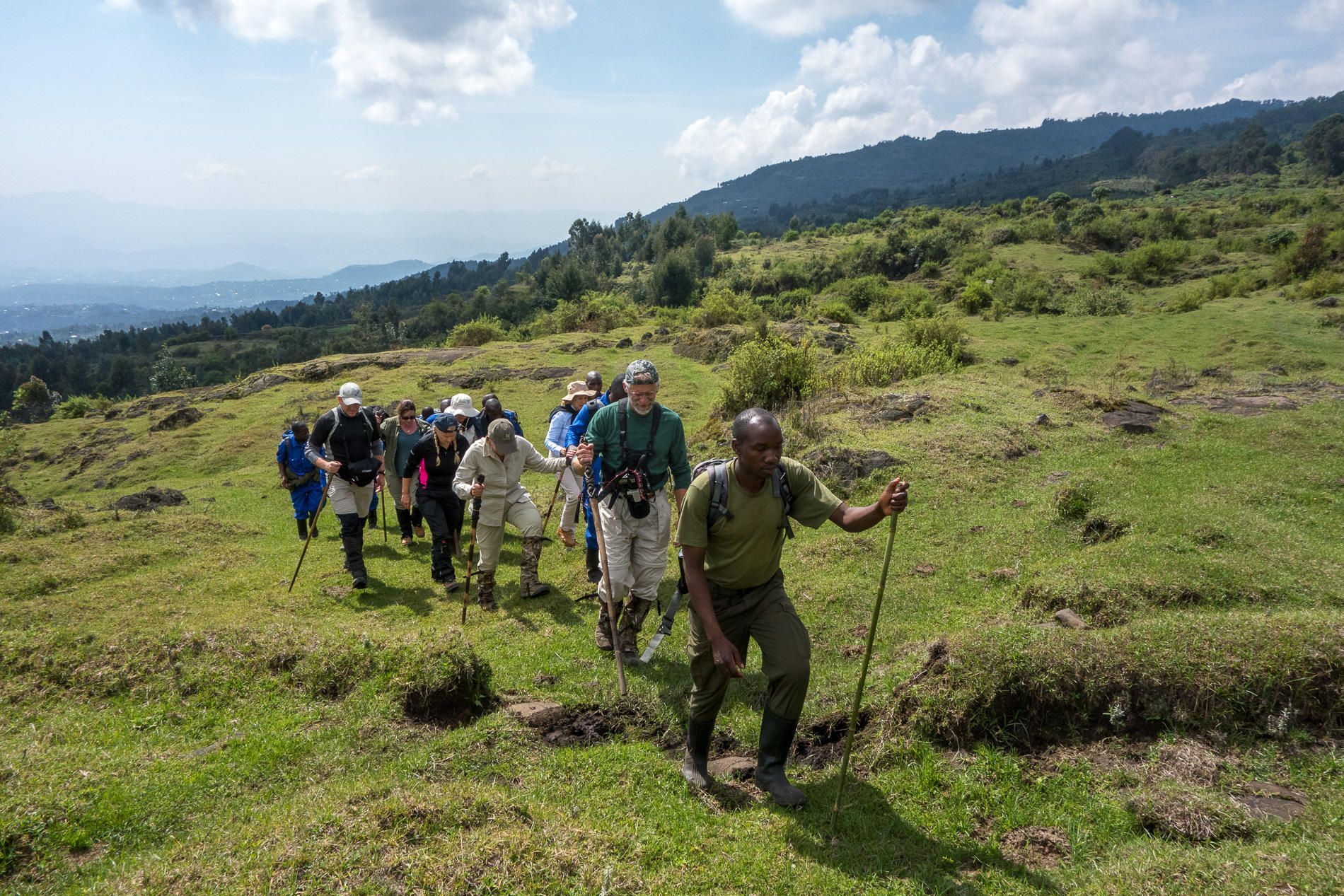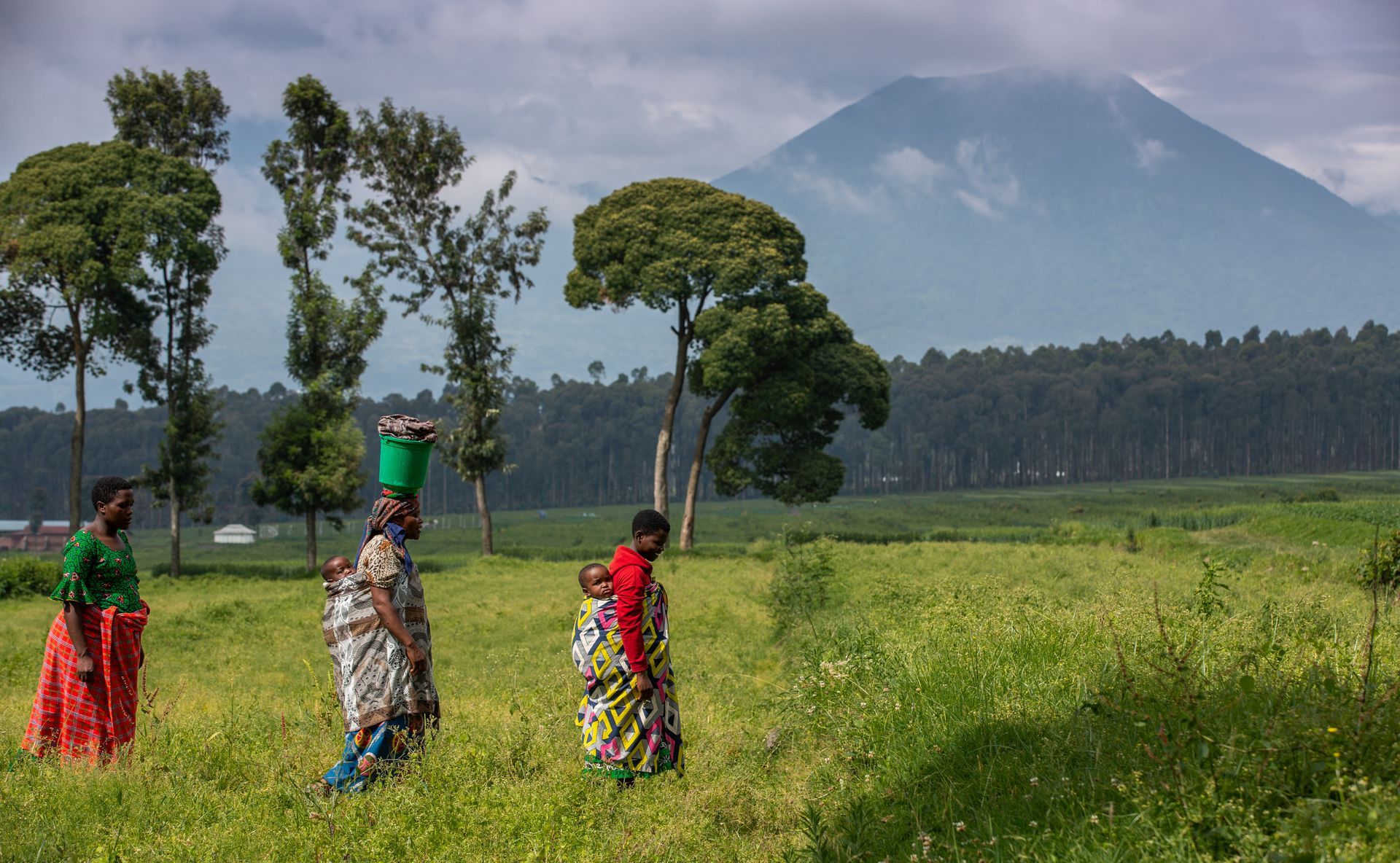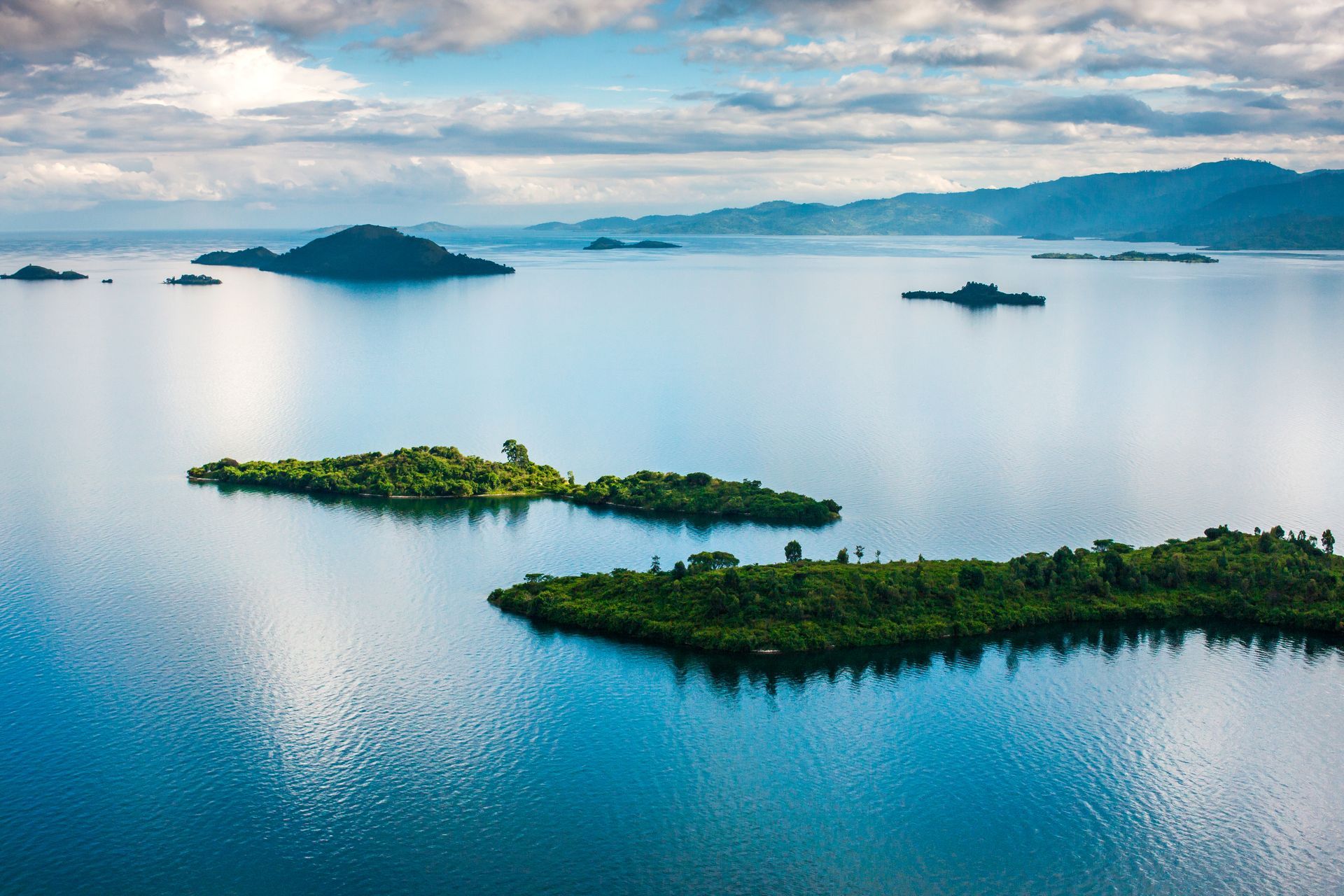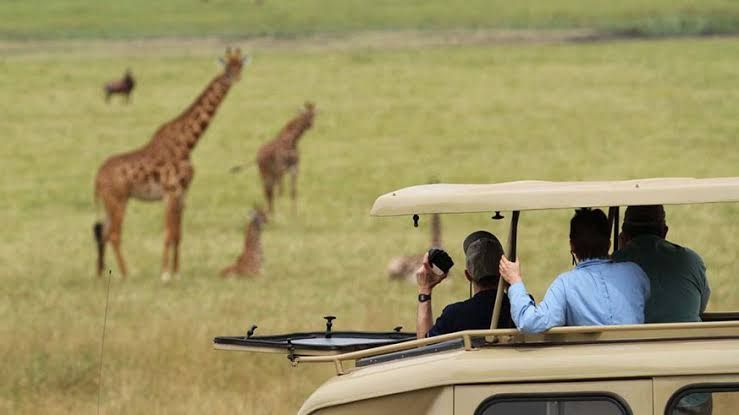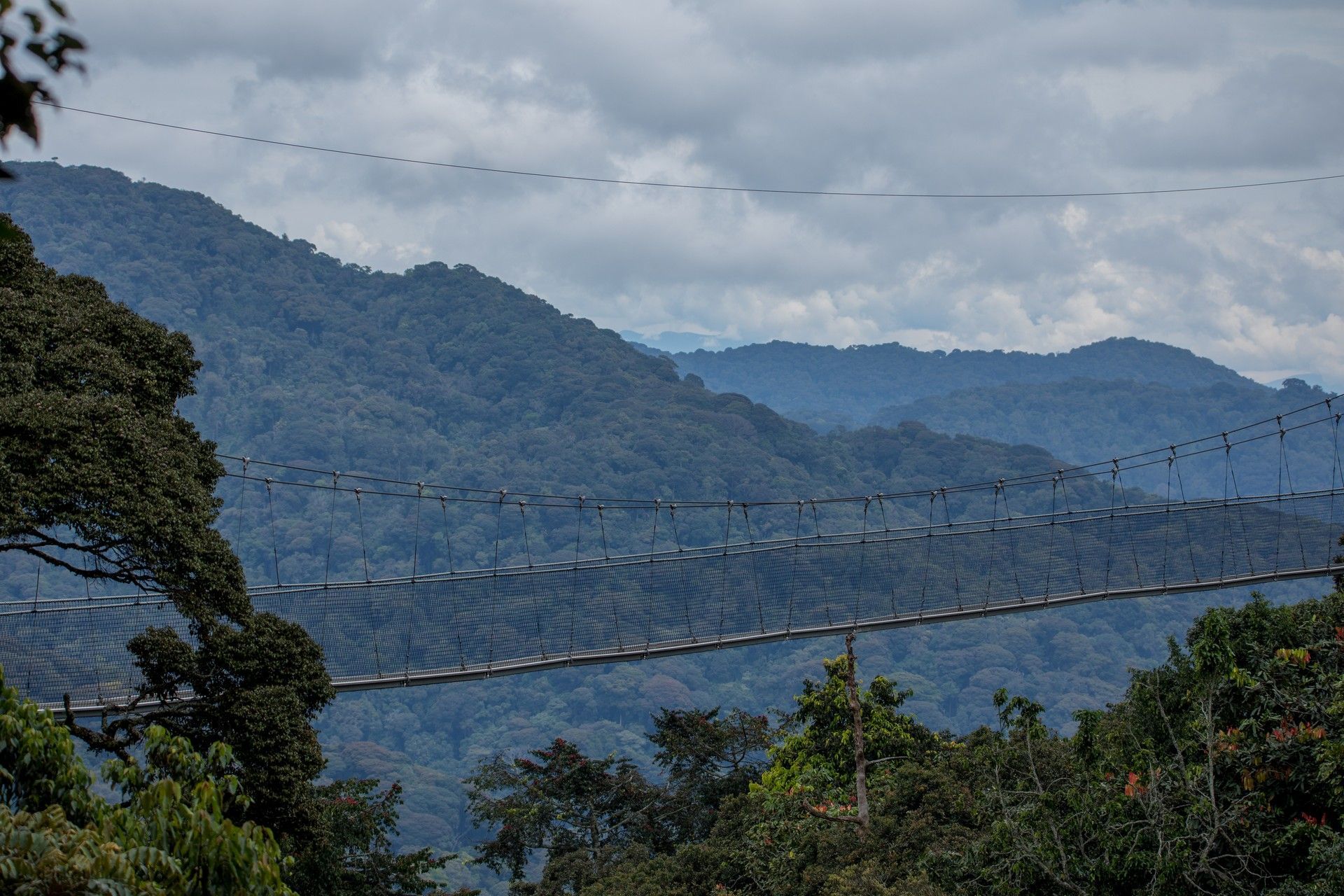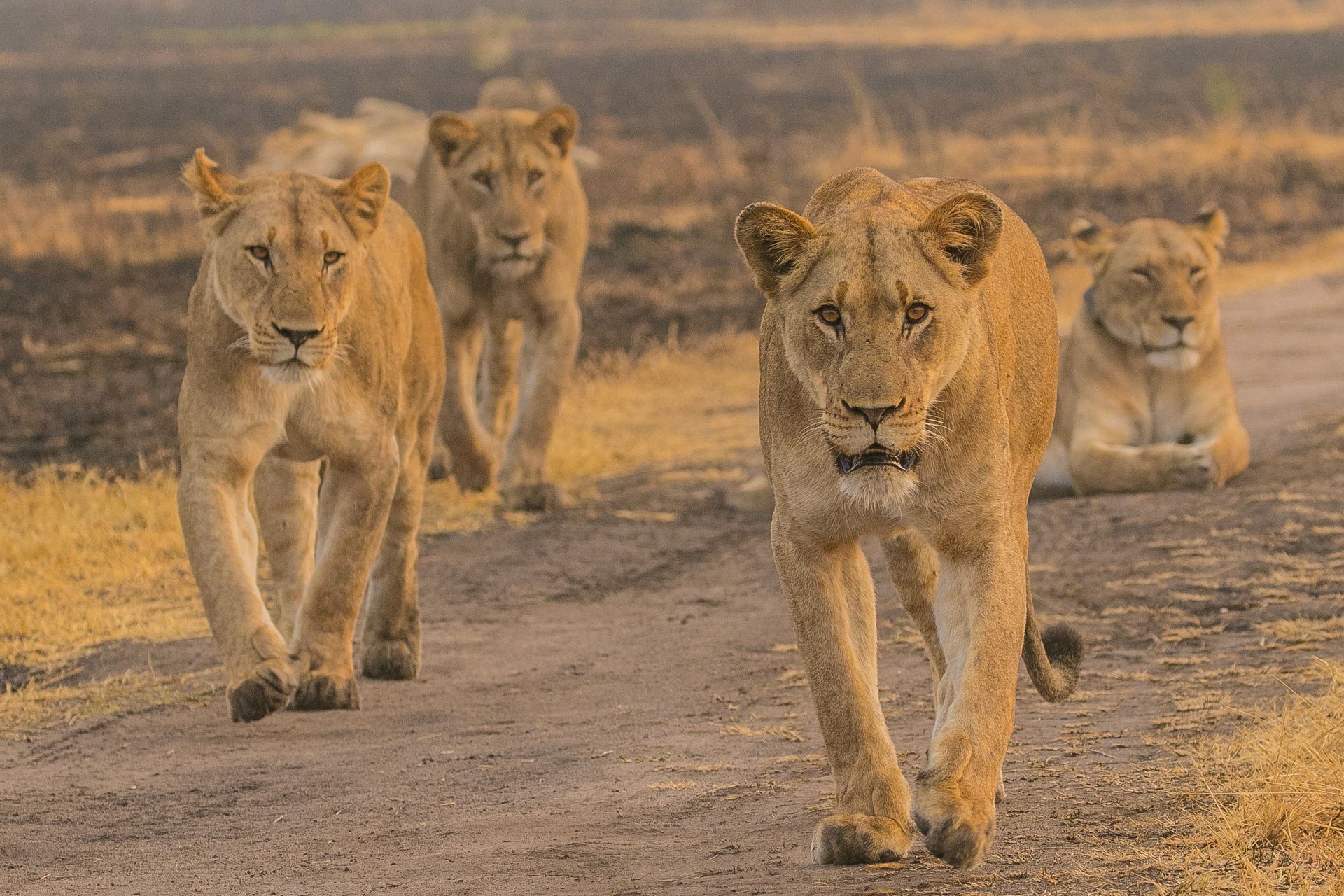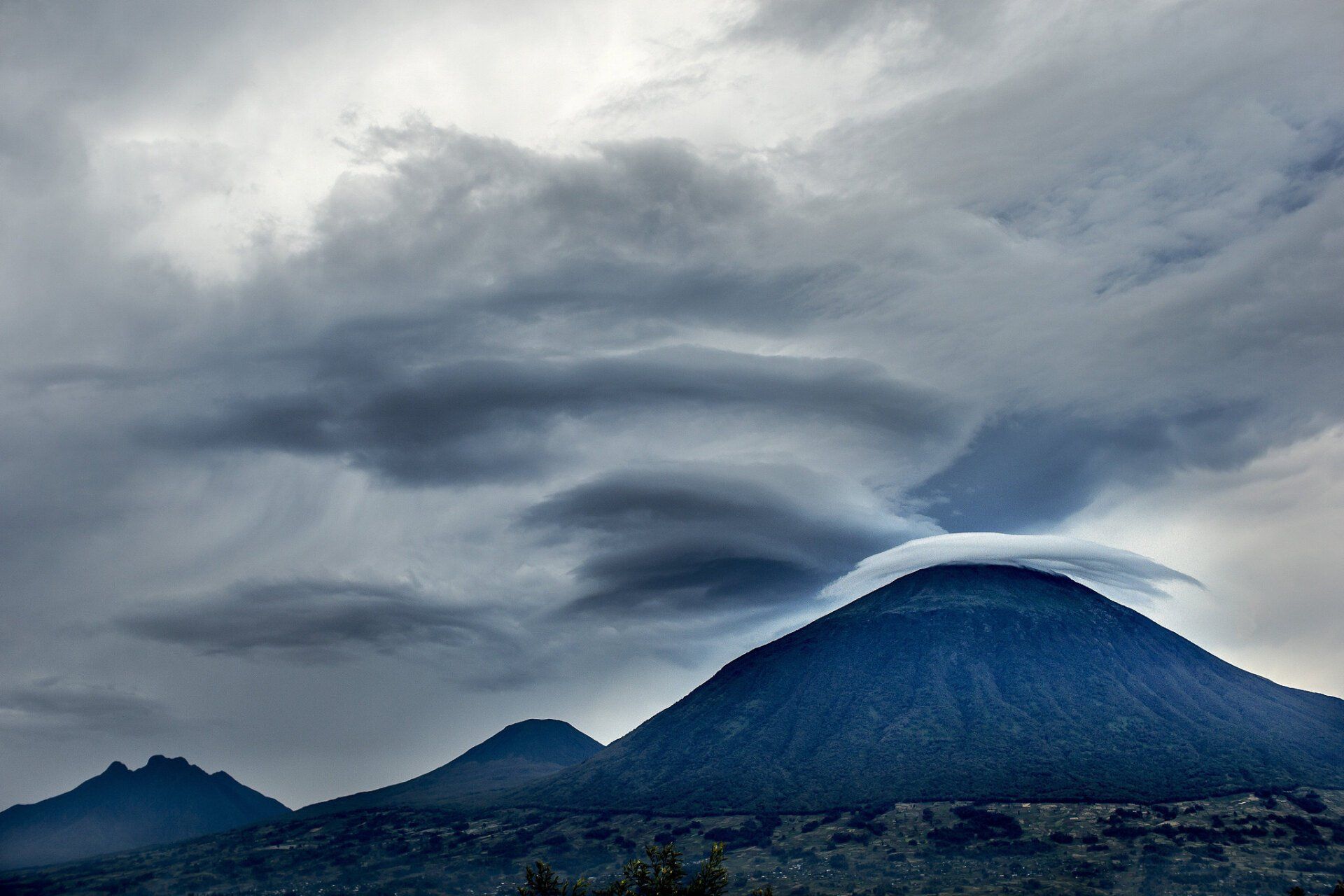How old should a child be to track mountain gorillas? This is one of the commonly asked questions by visitors on gorilla safaris. Gorilla trekking is an adventure of a lifetime but not all persons go track mountain gorillas. All gorilla treks in Uganda, Rwanda and D.R. Congo are open to gorilla trekkers above 15 years.
If you are below 15, by gorilla trekking standards/regulations, you are considered to be a child. It is believed that persons of 15 years and above are a little mature and not easy to be frightened unlike children. In case you have children above 15, you can plan for a memorable family gorilla safari to Uganda, Rwanda and D.R. Congo and have lasting memories together.
Children below 15 years are excluded because they aren’t mature to stand a massive silverback that is irritated or charged instead, they can easily take off and this isn’t safe. Also, they are believed to be carriers of common illness like measles, flue and cough which can easily spread to mountain gorillas. A fact that these apes share 98% of their DNA, it puts them at a risk to contract such illness that is why the standard rule for you to go gorilla trekking, you must be 15 years and over.
Why 15 years Age limit for gorilla trekking?
The age limit for gorilla trekking is one of the areas any primate loving traveler should understand before setting off to Volcanoes National Park or Bwindi Impenetrable National Park to trek gorillas. Why 15 years? Such persons above 15 are considered to be fit enough to make a complete gorilla trek. To see gorillas all requires you to be fit because it is all about trekking via the forest not simple walks in the savannas. Besides, the treks are generally unpredictable-it can take you 2-6 hours less or more and the important determining factor is your level of physical wellness.
Children below 15 carry or contract most airborne diseases or communicable diseases like cough, flu and gorillas can easily contract them as well. Also, young children can be playful yet this adventure is all done in the wild a home to diverse wildlife. When attacked, they can react differently as opposed to when a mature adult does so.
In some cases, persons whose 15th birthday is closely reaching may have a chance to go trek gorillas. Such category is considered to be mature and physically well. However, the parent must present to park authorities valid passport during verification time prior being issued a gorilla permit in Uganda, Rwanda or D.R.C.
Where to go trek mountain gorillas
Mountain gorillas remain only 1063 in number and they all live in the jungles of Uganda, Rwanda and D.R. Congo. In Uganda, a larger population of them thrives in Bwindi Impenetrable National Park and Mgahinga Gorilla National Park; then Volcanoes National Park & Virunga National Park share the rest.
Best time to trek mountain gorillas
After understanding eligibility for gorilla trekking, get to know when you should embark on a tour to see mountain gorillas. Rwanda or Uganda is an open gorilla destination all year-round but the dry season months are the best to enjoy gorilla trekking. Each year, the best dry season months to take note are June, July, August, September and December, January, February.
What to pack
Pack appropriately if you are to have a successful gorilla trip in Rwanda or Uganda, start with only essentials. These include among many valid passport, long sleeved shirt, long trousers, rain jacket, gardening gloves, gorilla permit, visas, sweater, hiking boots, first aid kit.
